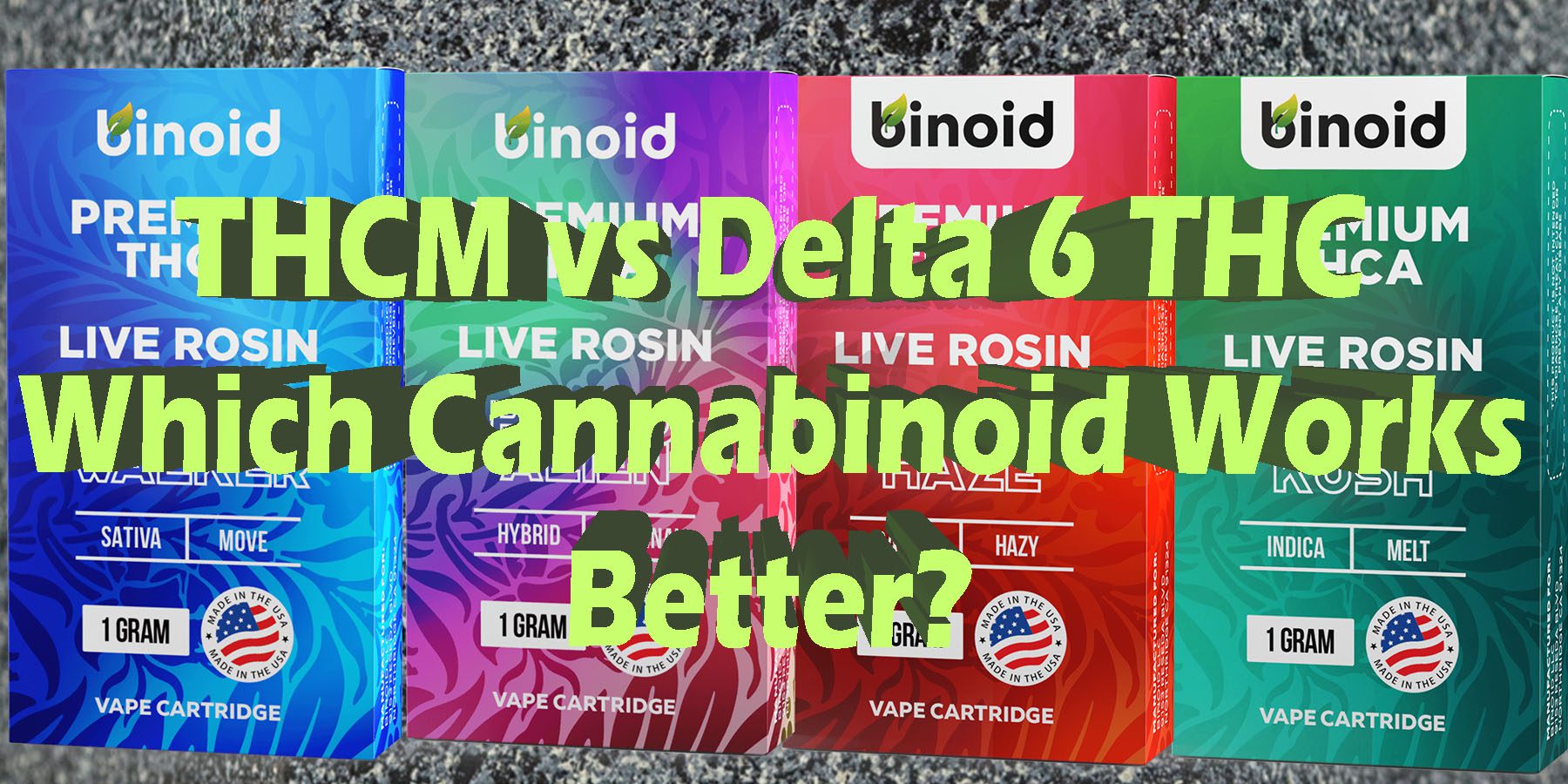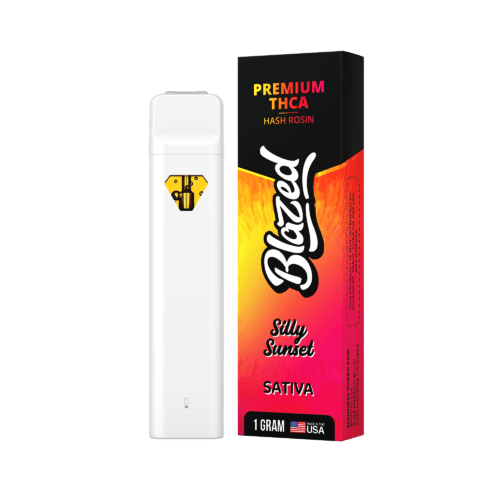
THCM vs Delta 6 THC: Which Cannabinoid Works Better?
Two cannabinoids that are quite new to the market are THCM and delta 6 THC. And, they also happen to be two of the cannabinoids that we know the least about. For the time-being, we’re awaiting more research on each of them and their unique effects, but we do know enough about them to be able to measure them up against each other to a decent extent.
If you’re wondering what both of these new cannabinoids have to offer, we’re going to share everything there is to know thus far about both THCM and delta 6 THC.
To Buy THCM Products Click Here
Why Choose THCM?
THCM Origin
THCM (11-Nor-Delta-9-Tetrahydrocannabinol-9-Carboxylic Acid {Carboxy-THC}) is a cannabis byproduct first discovered in 1997. To date, it’s never been isolated in the cannabis plant, meaning that technically, there’s no proof that it even exists in raw cannabis. Rather, it has been identified in cannabis smoke, and is used as a biomarker to confirm that a fetus has been exposed to cannabis while in the womb.
THCM’s Psychoactive Properties
As of now, we don’t actually know about THCM’s psychoactive properties. Whether or not the cannabinoid is intoxicating has yet to be confirmed, but one thing that we do know is that if it is psychoactive, the effects are very mild. And, as we don’t even know whether or not it’s psychoactive, we don’t know if the potential high would be more euphoric, uplifting, sedating, etc.
Purpose for Taking THCM
THCM is extremely hard to come by at the moment, and for the time-being, we’ve only seen it in vaping products, in combination with other cannabinoids that do deliver well-known psychoactive effects. Because of that, it’s clear that at least for now, THCM’s purpose is to potentiate the effects of other cannabinoids, and even enhance the entourage effect.
THCM’s Legality
THCM is, in fact, a legal cannabinoid according to federal law, when it comes from the hemp plant, because of the Farm Bill, which passed in 2018, and legalized any hemp product that contains a maximum of 0.3% delta 9 THC. THCM may sound a lot like delta 9 THC in its name, but ultimately, it’s a different compound.
One thing that you need to know, however, is that 19 states have banned all THC cannabinoids, and THCM would fall into that category. So, you should assume that THCM is illegal in:
- Alaska
- Arizona
- Arkansas
- Colorado
- Delaware
- Hawaii
- Idaho
- Iowa
- Maryland
- Mississippi
- Montana
- Nevada
- New York
- North Dakota
- Oregon
- Rhode Island
- Utah
- Vermont
- Washington
Why Choose Delta 6 THC?
Delta 6 Origin
Delta 6 THC – which isn’t to be confused with delta 6a10a THC – is also a cannabinoid that we know almost nothing about, out of all of the individual cannabinoids that have been isolated. It is extremely trace, but naturally occurring, like THCM.
Delta 6’s Psychoactive Properties
Like with THCM, delta 6 THC’s psychoactive properties aren’t known just yet. The cannabinoid was isolated so that researchers could test its therapeutic potential, and there hasn’t yet been any information out there about its intoxicating qualities. Because it’s not available for sale yet, there isn’t any anecdotal data to go by, either.
Purpose for Taking Delta 6 THC
Delta 6 THC is not on the market yet. But, what we can say is that there’s a lot of promise when it comes to potential therapeutic uses, and if the cannabinoid does turn out to have satisfying psychoactive properties, that will obviously add to its appeal.
Delta 6’s Legality
Delta 6, like THCM, is federally legal because it complies with the 2018 Farm Bill. And, again, being a form of THC, it’s banned in the same 19 states as seen above with THCM.
Final Decision: THCM and Delta 6 THC – There’s a Lot to Learn About Both
THCM and delta 6 THC are two of the most mysterious hemp derivatives, hands down. But, the good news is that both of them are nontoxic, and both of them likely come with all kinds of positive effects since they’re derived from cannabis.
For now, you may have a hard time finding either, but fortunately, they’re coming to the market more abundantly in the near future, especially at Binoid. So, stay tuned, as you’re probably going to want to explore both, and see what they can offer to your unique hemp-related needs and goals.







